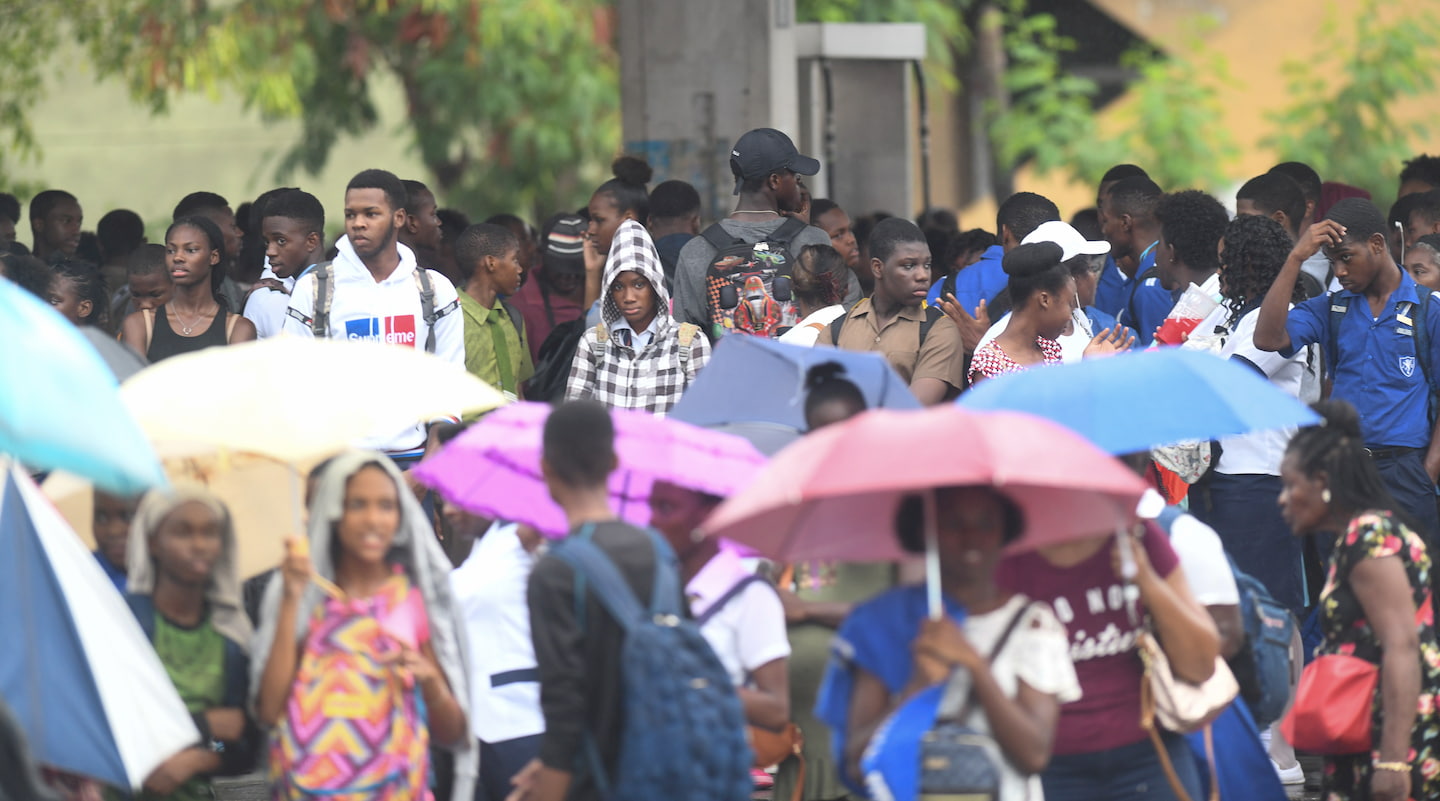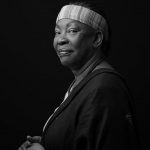(KinTeet an HeartBun)
“Jamaica is not a real place.” This phrase has joined the ranks of the pop-ups. Something so out of place, so brazen and so unexpected, yet accepted as part of the millennial post-everything-where-anything-goes phenomenon. It is believed and repeated with a grin as a truism. It has taken form, like a story whose details and plot are long forgotten but whose moral lingers in its impact and applications.
Neither KinTeet nor HeartBun know anything about its origins. They only know that if a child is tragically swallowed up by raging floodwaters while in the company of adults in role as caregivers, someone is bound to say, “Jamaica is not a real place.”
If Kingston is brought to a standstill in the fog of what might or might not have happened between two drivers of public passenger vehicles, resulting in the death of one and allegations about possible reprisals, akin to gang warfare, someone will intone, “Jamaica is not a real place.”
In spite of the celebration of the 100th anniversary of the birth of Dr Louise Bennett-Coverley for her outstanding contribution to language liberation, some there are who will declare that it is not really a language. Some will utter “unsurety”, apologies to Miss Lou, as to whether to call it dialect, Creole, Patois, nation-language or standard Jamaican, for “Jamaica is not a real place.”
Well, if it is not, HeartBun wants to know, who are the people who live there? Are they imaginary spectacles celebrating a fantasy Shelly-Ann Fraser-Pryce and a contingent of make-believe world-class athletes waving an unreal flag at an international athletics meet that does not really exist? Would they be so engaged on behalf of people who exhibit make-believe pride in the non-existent Blue Mountains, Jamaican coffee, the beaches, the music, and the imaginary tourists breaking unestablished cruise ship arrival records to experience more of it up close and personal?
In Anthills of the Savannah, Chinua Achebe talks about the stories that people inherit about themselves, learn, believe and pass on as rites of passage in the interest of the cohesive continuation of their society. “… Only the story … can continue beyond the war and the warrior. It is the story that outlives the sound of war drums and the exploits of brave fighters. It is the story … that saves our progeny from blundering like blind beggars into the spikes of the cactus fence.
The story is our escort; without it, we are blind. Does the blind man own his escort? No, nor do we the story. Rather, it is the story that owns us and directs us.” So what would Achebe say now about the direction in which we are headed if he heard some of the stories that we have constructed around and about ourselves and wrapped up in the statement, “Jamaica is not a real place”?
Therefore, according to HeartBun, it is fictional and fictitious. It is imaginary, like climate change. There is no real danger of any flood, earthquake or hurricane that can possibly result from such a thing. There is absolutely no truth in the rumour that diseases long frozen in the ice will come back to haunt us as the earth gets hot, the ice melts, and they are released to travel on the wind to wherever they choose to land. Dengue is not a real thing. It just looks like something else.
So Jamaica is not just a rumour mill, it is the rumour. Fake, like ‘wash-over’ gold. It is the imitation of something that it desires to be but succeeds only in desperately mimicking. And here he declared that the country is in need of a fake psychiatrist diagnosing psychic disarray and dispensing prescriptions designed to reverse the maladies in how we have come to know and promote ourselves and the legacy which that knowing informs us to leave for our grandchildren. For if the economy improves but people cannot buy as much, even if their income increases and that limits their ability to provide for said grandchildren, that cannot be real.
To which KinTeet impishly enquired, “Well, whose reality is that, though? That is the corollary of “Jamaica is not is real place”. It can only be viewed from perspectives. Sometimes it appears as, “Whose truth is that?” As if reality and truth are divisible. So HeartBun challenged anyone seized of such a desire to walk into a supermarket and pick up as much groceries as would fill the trolley and offer the cashier $500, no matter what was showing on the cash register and declare that to be his perspective of the cost. The imaginable mental-health practitioner would arrive, hopefully before the masquerade of the law-enforcement patrol.
Beyond the Jamaican propensity for parody and satire, reality is more than a philosophical question. Our belief in what is real goes to the core of our being. It does not go away because we no longer believe in it. So what about ourselves have we stopped believing? Or what have we been told that we now need to reject, like Shelly-Ann Fraser-Pryce rejected the notion that motherhood would slow her down? In that defiance, she captured the imagination of the world about what is possible when we exercise the agency to decide what of that which we imagine do we desire to manifest?
Achebe also reminds us that if we do not like the story, especially if it were written for us by someone else, we can, and should, write our own. It is that decision that will lead us to take responsibility for the aspects of national life in which we will make a personal investment.







